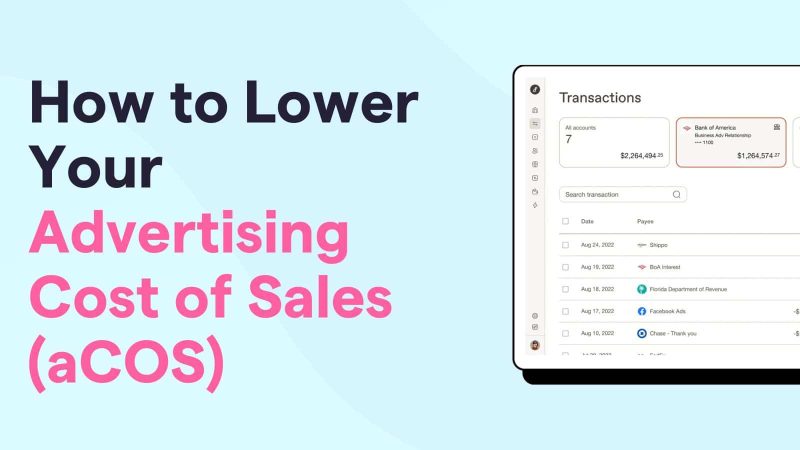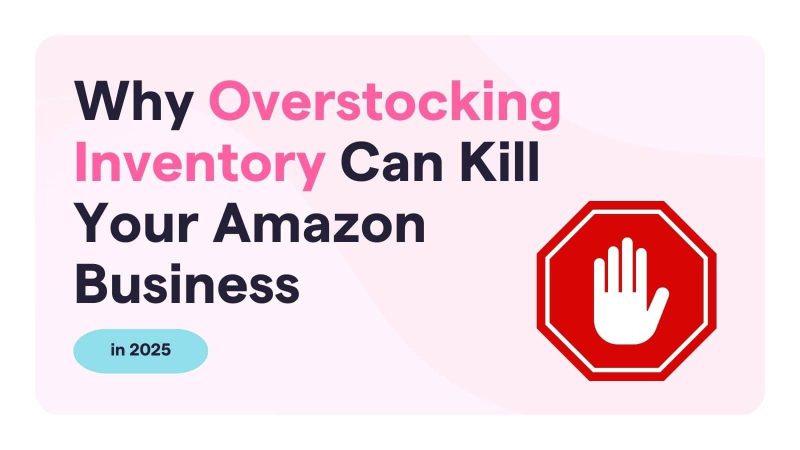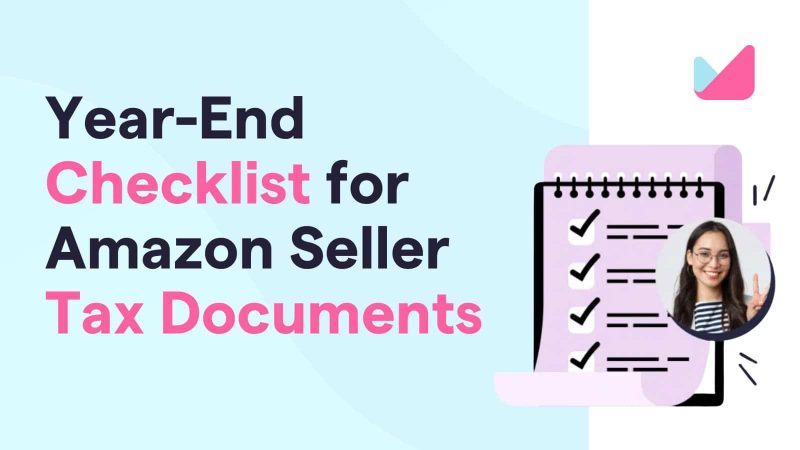An interesting analysis from USA Today slammed the E-commerce behemoth, “Trump is correct, throughout its history, the e-commerce giant has been a master of tax avoidance, leveraging laws that don’t properly account for Internet sales and playing states and municipalities against one another for tax breaks.”
Likewise, Business Insider hits the spot by referencing in their article how Amazon has been on the fly without paying a single penny, despite being worth $793 billion. Even more interesting, how have they been getting away with their federal income tax for the second year in a row?
Now, if this tech giant can make it happen, then there is no way a mom and pop business or an individual couldn’t pull through running away from taxes as well…
Right?
Well, as with everything in the world of taxes, it’s not quite black and white. There are many grey areas. Following on from our recent analysis of the state of sales tax for Amazon sellers, this article runs through some concerns with US-based Amazon sellers and sales taxes calculated at the state level. As we go on, we will discuss how shoppers can avoid paying sales tax, and where FBA sellers can look to find more information about avoiding unnecessary tax bills.
Why Amazon?
There are different reasons why people prefer to buy from Amazon – more competitive prices than stores, product availability across geographic boundaries, convenience, time-saving, and quicker delivery perhaps.
For whatever reasons that can be named, one of the key benefits of shopping on Amazon is that it can all be done with a click of a button. Nonetheless, one thing that is not often talked about by shoppers is the presence of sales tax in stores and, more often than not, on Amazon.
Many new sellers enter the Amazon marketplace without an understanding of sales tax, or even an awareness of their legal obligations.
In the United States, tax is applicable in most of all tangible items – everything you can see, smell, taste, and touch. This is called Tangible Personal Property (TPP). As we know, sellers on Amazon often use the Fulfillment By Amazon (FBA) to outsource the logistics of storing and delivering their goods to customers. With almost no exceptions, the products that are sold through Amazon FBA are all TPP items.
But wait! Before diving deep down, have you ever wanted to start an Amazon FBA business? Here’s the 2019 complete guide on how to become an Amazon FBA seller. Tell us what you think!
Amazon FBA and the Tax Complexities

When merchants send products to FBA warehouses, the goods are stored and moved around Amazon’s network of facilities based on predictive algorithms that determine where the next customer orders are most likely to arise from. This helps sellers to have their inventory as close to the destinations as possible for easy and more time-efficient delivery to their customers.
Here is where the dilemma arises – otherwise known as nexus. In the context of sales tax, nexus refers to a connection or tie to a state. US-based Amazon sellers are charged with sales tax, which is calculated at the state level. In the US, each state collects taxes individually and has varying sets of tax rules – depending on the decisions made in each locale.
These regional tax rules are wide and varying – rates, potential penalties, filing frequencies and how nexus is determined are just some of the many components of each set of local laws (see this resource from TaxJar for a comprehensive breakdown of rules for each state). Tax charges are collected from either the origin-based or destination-based states.
Accordingly, for the origin-based tax, it follows the rate of the business’s registered location and an additional local sales tax, if applicable. Say you are an FBA business operating out of an origin-based state, then you charge the amount of state and local sales tax effective at your business’ location to everyone who you ship taxable items to in that state.
While on the other hand, the destination-based tax is charged at the rate dictated by the location where the products will be delivered. However, the calculation can be a bit trickier. To know more about calculating sales tax, here’s a useful tool in online and mobile platforms to help you calculate it.
Rule of thumb: If you have sales tax nexus in a destination-based state, then you must collect sales tax from buyers in that state. As sales tax rates differ from one state to another, it’s
crucial to determine its individual sales tax rate, on top of local sales tax, if applicable. This means you would charge multiple sales tax rates within a state. Not to mention, some states are different based on whether you live there (home state nexus) or you are considered a “remote seller.”
Tips and Tricks for How to Avoid Amazon Tax
If you’re reading this blog as a shopper, consider these basics if you want to avoid paying unnecessary sales tax:
- The stated prices listed on Amazon are the pre-tax prices. The sales taxes are only then added based on the tax rate of the destination-based state. However, a shopper can easily find the other offers for the product by clicking the ‘other offer’ link on the product listing page. This way, you can calculate the expected sales tax ahead of time. The sales tax is calculated based on your account’s shipping address.
- While it does not apply to everything, when you spot multiple offers on Amazon for one product, usually Amazon makes the lowest price offer the default one. Therefore, when deciding which item to purchase, it’s a good idea to include the sales tax of each product in your buying decision.
- Third party merchants do not need to have a physical location in your state or anywhere else before being liable to pay sales tax. Buying online does not always serve as your pass to getting away from the taxes. If you buy from an online merchant who has a physical store, you ought to pay the taxes even with an online transaction. However, if you’re buying from an online merchant with no physical store, they might still require you to shell out for the use tax. Use taxes apply to the items you buy outside of your state of residence. These are assessed at the same rate as a sales tax.
- If you wish, pack your bags and move to Oregon/Washington border. This might be the oddest way to answer the question: How to avoid the Amazon Tax? Save all your money when you move to no sales tax states of Oregon even though it has the highest income tax rate, and Washington which has no income tax and far lower home prices. You can even live and pay taxes in Washington and shop in Oregon and save yourself to a huge tax break.
- You may or may not want to purchase gift cards instead. According to the Amazon website, no tax is charged when purchasing gift cards; however, purchases paid for with gift cards may be subject to sales tax.
Will your state come after you for not paying the sales tax?
The seller is always the one responsible to cover sales tax, and not the buyer (unless you’re located in Rhode Island, and have received appropriate notice as per the latest ruling).
Nonetheless, as a buyer, you remain responsible for the use tax for the goods you bring back into your state or have them shipped to you.
Still lured in the whole Amazon sales tax hullabaloo? Read this CNBC commentary on how Amazon takes the cake if internet sales tax goes into effect.
Want to cover yourself as an FBA seller?
If you would like to learn more about how you can manage sales tax liabilities, check out our 6-day crash course. We’ve streamlined the common strategies for managing your obligations and the right tools to simplify the process of staying compliant.
There are a number of different apps that can help with calculating sales tax and reporting & filing returns – such as TaxJar and Taxify, and a range of experts dedicated to this field. If you have complicated questions related to Amazon sales tax, Michael J. Fleming & Associates are the experts in this field.
MuseMinded is a modern accounting firm, dedicated to making the lives of Amazon sellers easier through streamlining, automating and outsourcing their bookkeeping needs. We can help you with sales tax – and much, much more. Click here to find out more about our offering.
This article is provided for general purposes, and should not be taken as financial or tax advice. Everyone has a different tax-reality based on the facts at hand. We recommend seeking professional guidance before making any decisions related to your personal tax situation.
')}





